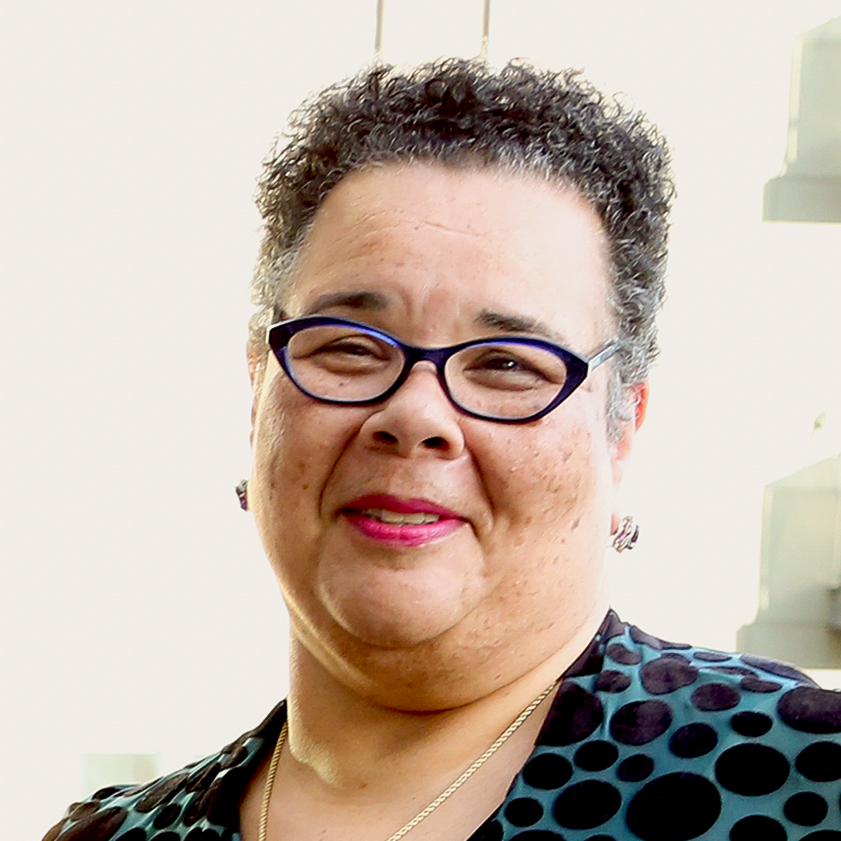More Thoughts About Teaching For and Not Against (second of two thoughts)
Nancy Lynne Westfield, Ph.D., The Wabash Center for Teaching and Learning in Theology and Religion

#1
I am hoping we can learn to teach toward justice.
Teach what justice looks like, sounds like, feels like, tastes like, smells like.
Learn to know justice with our intuitions, our inside knowledges that see, smell, taste, hear or just know because some things are just known.
#2
What kind of study, pilgrimage, lessons for us to learn how does justice live and breathe and find meaning and have meaning and purpose?
How does justice enflesh itself?
When you gather in a circle of like-minded people working on behalf of justice and you talk about what you are teaching toward – what is the conversation if, instead of focusing upon what you are against, the sustained talk is about what you are in favor of, visioning, dreaming and futuring? How can we materialize justice? How can we learn, together, to conjure justice?
What if – should we not be able to talk together, vision and dream of our collective future that then that is why we are stuck?
#3
Knowledge without action is impotence.
#4
War mongers depend upon our fear. They depend upon our good-hearted willingness to use up our resources in insignificant skirmishes and the business of charity for which no permanent change results.
#5
This is not a question of nuance. I am not splitting hairs between knowing what you are against as opposed to knowing what you are in favor of.
Knowing where NOT TO ride your bicycle is not the same thing as knowing where TO ride your bicycle. The lessons of “no, don’t, stop, halt” are not the lessons of “yes, do, proceed, go.”
Living in yes takes practice.
#6
You can be against war – but do you know how to work for peace?
You can be against misogyny – but do you know how to love women and our contributions?
You can be against racism – but do you know the cultures, ways, histories, traditions, experiences of BIPOC peoples?
You can be against poverty – but do you know how to create a society without starvation, homelessness and enough prideful work for all people?
We all been taught to be anti-Black even those of us who are Black. Mis-education is just that.
#7
In too many of our classrooms – we are quite adept at training students in deconstruction, negative criticism, dismantling analysis and scathing critique. How do we train our students in the know-how of construction of ideas, formulation of strategies, creation of newness – regardless of field, discipline, or school?
What would it mean to teach our students to be visionaries, able to converse with one other about the complexities of political identities and agendas, then, together, design the new?
Simplistic thinking is killing us.
#8
Learning to teach toward new visions, new communities, new systems requires different muscles, different thinking, different strategizing, different knowledges than teaching against current injustices and exploitations. This is why it is not enough to be against. Learning the terrains of being-for requires particular perspectives, new moorings, and emotional maturity to withstand those who thwart the new, the needed, the possible.
#9
Octavia Butler said, “So be it. See to it.”
I think she meant us, about our teaching toward justice, and right now.
About Nancy Lynne Westfield, Ph.D.
Nancy Lynne Westfield, Ph.D. is a womanist. She grew up in Philadelphia, Pennsylvania. Her father, Lloyd Raymond Westfield, born in Cleveland, Tennessee, was a school psychologist and reading specialist for the Philadelphia Public School District. Her mother, Nancy Bullock Westfield, also born in Cleveland, Tennessee, was a volunteer activist who fought for equal education for minoritized children. Father and Mother were also gifted musicians, known throughout the city of Philadelphia in the 50s, 60s and 70s. Dr. Westfield earned her Bachelor of Science degree in Agriculture from Murray State University, Masters of Arts in Christian Education from Scarritt Graduate School, second Masters in Theological Studies from Drew University Theological School, and Doctorate in Philosophy from Union Institute. Currently, she is Director of the Wabash Center for Teaching and Learning in Religion and Theology. Before becoming the Director in 2020, she was Professor of Religious Education at Drew University Theological School since 1999. She is also an ordained Deacon in the United Methodist Church. Nancy’s first book was a children’s book entitled All Quite Beautiful: Living in a Multicultural Society. Her second book was a publishing of her doctoral dissertation entitled Dear Sisters: A Womanist Practice of Hospitality. Her books written in collaboration include: Being Black/Teaching Black: Politics and Pedagogy in Religious Studies and Black Church Studies: An Introduction. Known for her insightful, creative and experiential teaching methods, she is a sought-after teacher, facilitator of workshops and retreats, keynote speaker at conferences, and consultant for seminaries, non-profits and local churches.